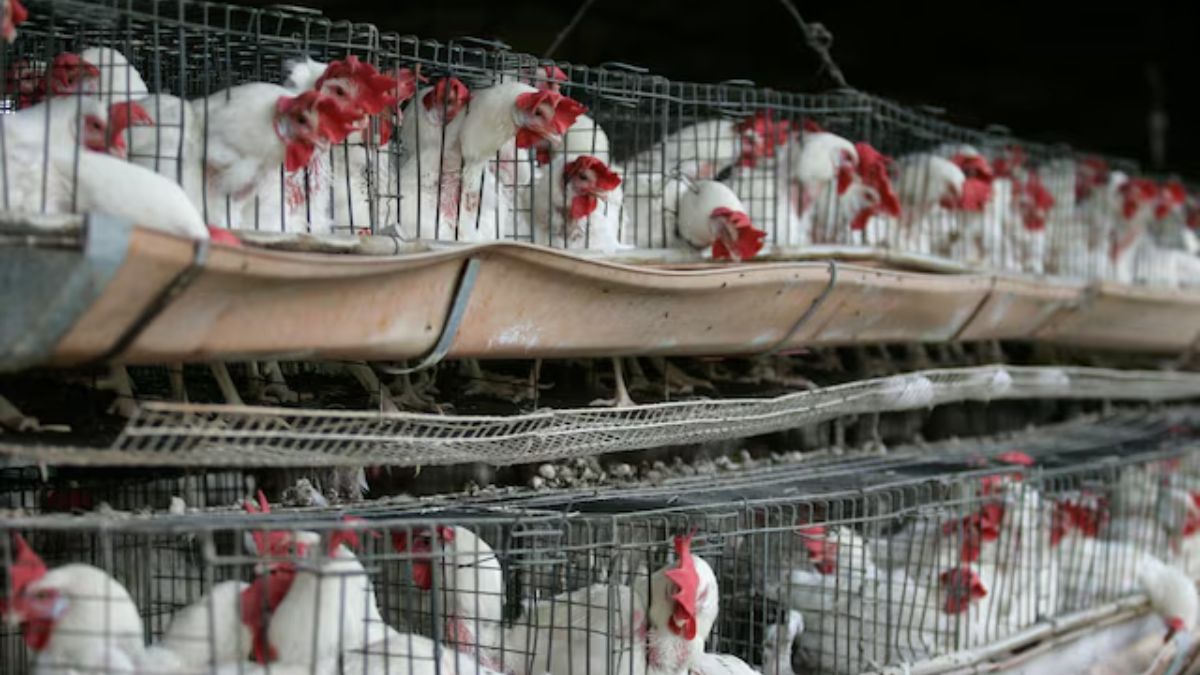Mexico on Tuesday logged its first human death from H5N1 avian influenza, a three-year-old girl in the northern state of Coahuila, according to the state’s health minister.
A three-year-old girl in the northern state of Coahuila died of multiple organ failure as a result of the H5NI virus, said the state’s health secretary, Eliud Aguirre, adding that no other suspected cases have been detected.
Two fatalities from H5N1 avian influenza have been recorded in Cambodia so far this year, including a young child in February who had played and slept close to a coop where around 15 chickens had died. The United States also reported one H5N1-related death in January.
According to the World Health Organization (WHO), human infection with the virus can lead to serious illness and carries a high risk of death.
The WHO said most human cases reported to date have been linked to direct exposure to infected animals or contaminated surroundings. The virus has not shown signs of spreading easily between people, and there is no evidence of ongoing human-to-human transmission.
Last year, the UN’s health body warned that patchy surveillance was hampering its ability to manage the risk to humans posed by the H5N1 strain. The WHO called on all countries to step up surveillance and reporting in animals and humans, and for nations to share samples and genetic sequences.
With inputs from agencies


)

)
)
)
)
)
)
)
)



